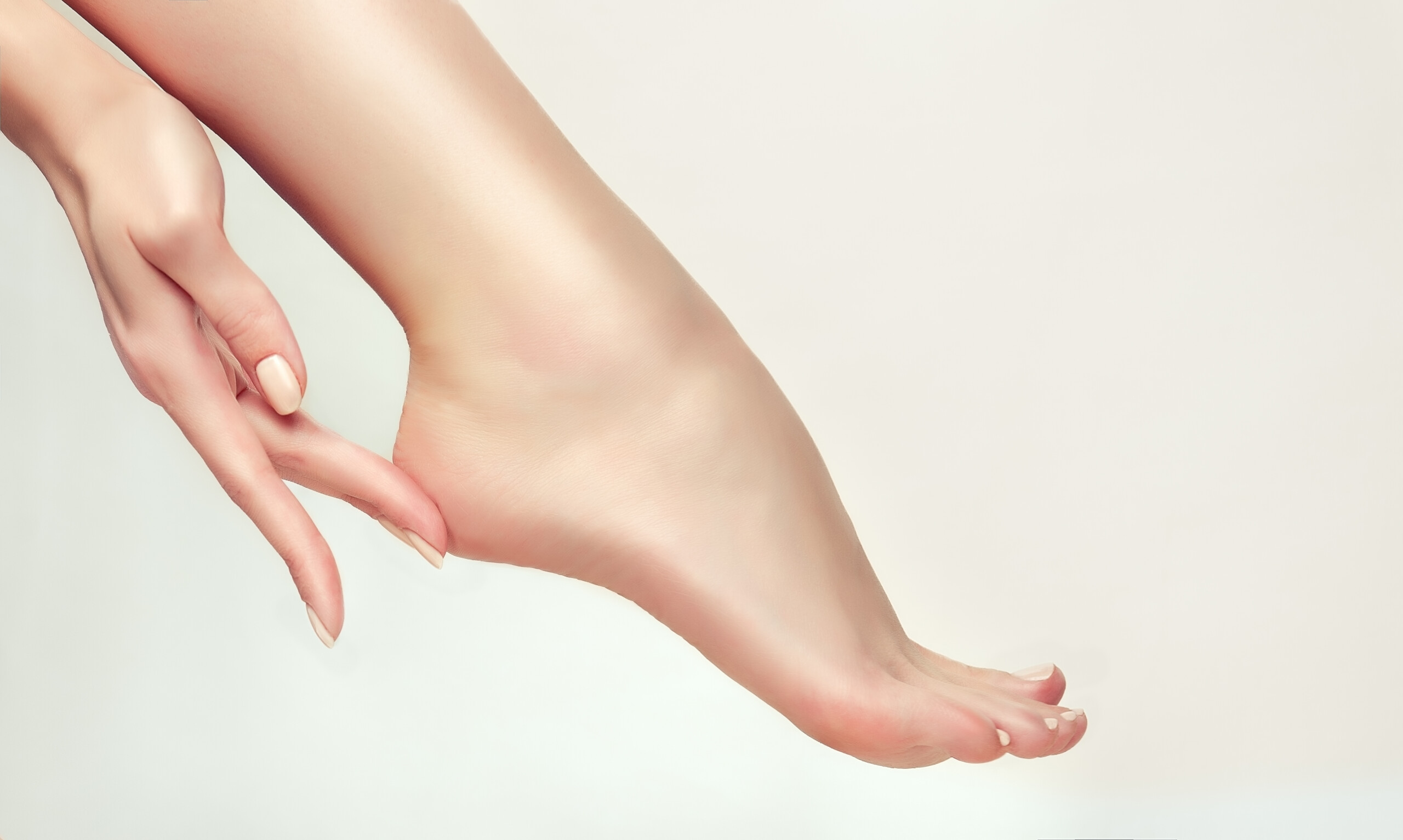Finest Dermatology Approaches for Sweaty Hands Treatment: Tips and Techniques
Finest Dermatology Approaches for Sweaty Hands Treatment: Tips and Techniques
Blog Article
Understanding the Root Reasons of Excessive Sweating and Its Influence on Life
While it is frequently comprehended as a physiological reaction to regulate body temperature, the triggers for too much sweating can differ commonly among individuals, encompassing not just physical variables however also psychological and emotional aspects. By delving right into the root causes of hyperhidrosis and discovering its diverse effects, a much deeper understanding of this pervasive concern can be gotten, dropping light on the intricacies that individuals grappling with excessive sweating browse on an everyday basis.
Physiology of Sweat Glands
The regulation of sweat manufacturing, an important physiological procedure, is mainly regulated by the activity of gland distributed throughout the human body. Gland are classified into 2 main kinds: eccrine and apocrine glands. Eccrine glands are the most many and are found in nearly all areas of the body. They play an essential role in thermoregulation by producing a watery fluid onto the skin's surface area, which evaporates and assists cool down the body down. In contrast, apocrine glands are focused in locations rich in hair roots, such as the armpits and groin, and their secretions are thicker and milky in look.
When the body temperature climbs, either due to physical activity, heats, or emotional tension, the nerves triggers the sweat glands to create sweat. This sweat is made up primarily of water and electrolytes like sodium and chloride. The process of sweat manufacturing is essential for maintaining the body's interior temperature level within a narrow, optimal variety, highlighting the essential role sweat glands play in human physiology.
Triggers for Excessive Sweating
In comprehending the origin of too much sweating, it is important to recognize the triggers that can bring about this physical response. Excessive sweating, also called hyperhidrosis, can be triggered by different aspects, both physical and ecological. One typical trigger is psychological anxiety or stress and anxiety, which can promote the body's sweat glands to create even more sweat than is required for cooling. Physical physical effort, high temperatures, and spicy foods are additionally recognized to activate excessive sweating in individuals prone to this condition. Particular medical conditions like hyperthyroidism, menopause, or diabetes mellitus can add to extreme sweating as well.
In addition, medicines such as some antidepressants, opioids, and certain supplements can additionally serve as triggers for hyperhidrosis. Understanding these triggers is crucial in handling too much sweating successfully - Treatment for hyperhydrosis of hands and feet. By recognizing and resolving the particular triggers that motivate excessive sweating in a specific, healthcare service providers can create customized therapy plans to minimize this problem and enhance the person's lifestyle
Medical Issue Associated
Linked with extreme sweating are numerous medical problems that can exacerbate this physical response. One typical problem is hyperhidrosis, a condition identified by abnormally boosted sweating that goes beyond the body's thermoregulatory needs. This can materialize in focal areas like the palms, soles, underarms, or face, affecting a person's lifestyle due to social shame and pain.
Additionally, endocrine conditions such as hyperthyroidism, diabetic issues, and menopausal warm flashes can likewise bring about too much sweating. Hyperthyroidism creates an overflow of thyroid hormonal agents, increasing metabolic rate and triggering sweating. Diabetes mellitus can generate sweating episodes, specifically throughout hypoglycemic episodes when blood sugar level degrees go down as well low. Menopausal hot flashes, associated to hormonal changes during menopause, can trigger extreme and sudden sweating, frequently gone along with by flushing and heart palpitations.
Furthermore, infections like endocarditis, hiv, and tuberculosis have been connected with evening sweats, a common symptom known to disrupt rest and impact overall health. These clinical conditions highlight the varied series of underlying factors that can add to excessive sweating, demanding complete assessment and management by health care professionals.
Psychological and Psychological Variables

Effect On Social Interactions
Too much sweating can have profound results on a person's capacity to involve comfortably in social communications. The visible indicators of sweat discolorations or damp patches on garments can result in embarrassment and self-consciousness, triggering people to withdraw from social circumstances. This check my reference withdrawal can influence relationships, limitation social tasks, and hinder professional and personal development.

Furthermore, the stress and anxiety and self-confidence problems originating from too much sweating can affect communication and interpersonal skills. Individuals may have a hard time to concentrate on discussions, join group tasks, or reveal themselves with confidence. This can bring about sensations of seclusion and isolation, as social links come to be testing to keep.
Verdict

While it is commonly understood as a physical action to control body temperature, the triggers for excessive sweating can differ extensively among individuals, encompassing not just physical aspects however mental and also psychological aspects. By delving into the origin triggers of hyperhidrosis and exploring its complex impacts, a deeper understanding of this prevalent problem can be acquired, losing light on the intricacies that individuals grappling with too much sweating navigate on a daily basis.
Physical physical effort, high temperatures, and spicy foods are also recognized to set off too much sweating in people prone to this problem. By identifying and resolving the certain triggers that prompt too much sweating in an individual, medical care suppliers can develop tailored treatment strategies to reduce this problem and improve the person's quality of life.
Too much sweating can have profound impacts on a person's capability to involve conveniently in social communications.
Report this page